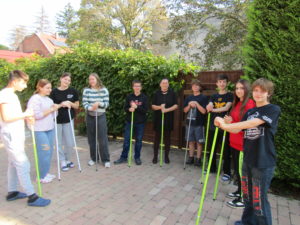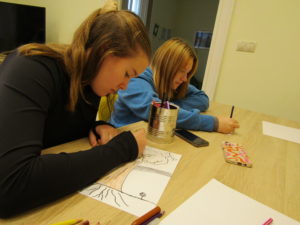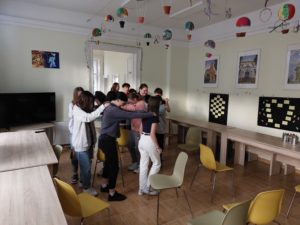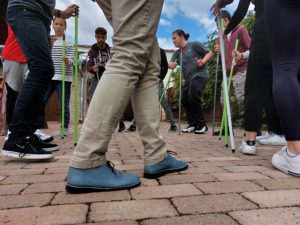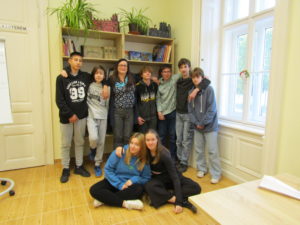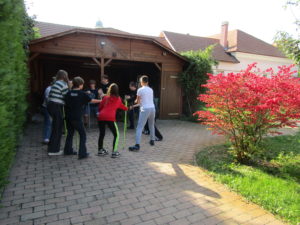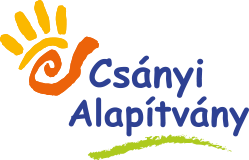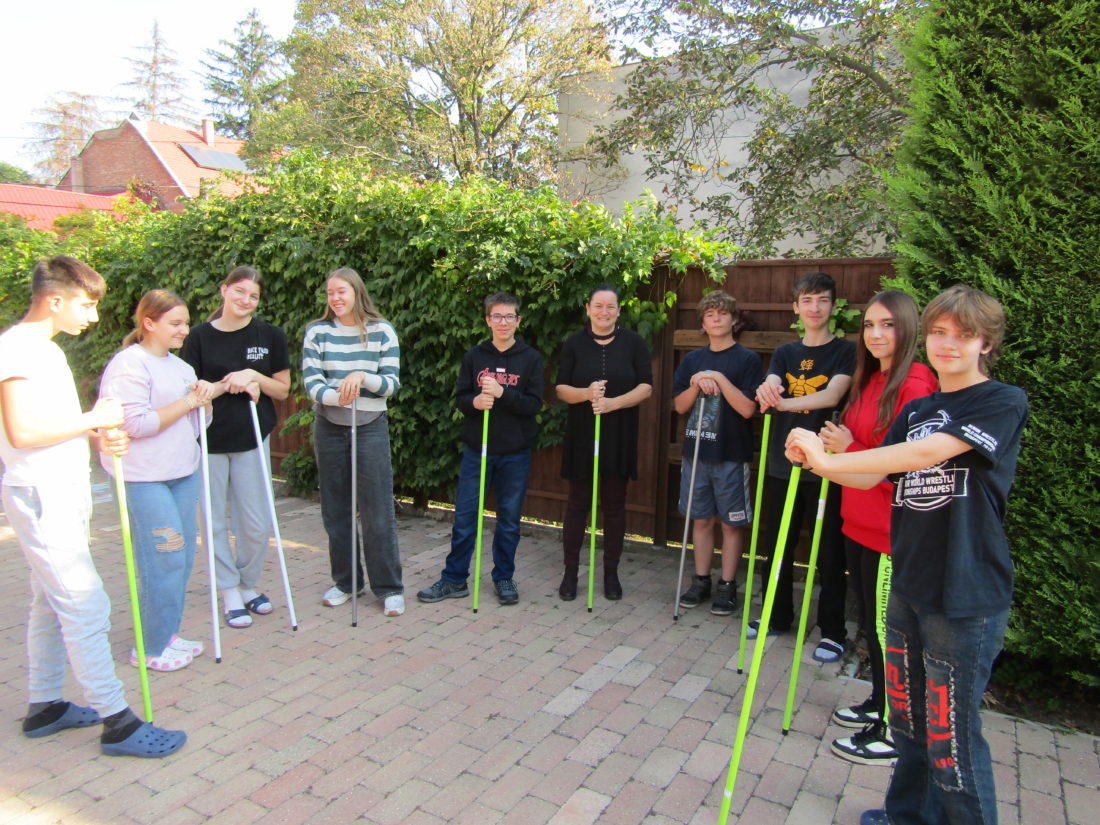
The self-awareness course has concluded
The Foundation held three self-awareness sessions in each of its two groups in Szentes, aligning the themes with the “Milestones” project of the academic year. Instead of frontal lectures, the emphasis was placed on games, experiential learning, and visualization. During the first session, we focused on near goals and strategies to overcome upcoming obstacles. In the second session, we practiced learning and attention-enhancing techniques, highlighting which ones are necessary for completing a task. In the third session, with the oral part of the language competition in mind, we practiced public speaking with self-reflection. In all three sessions, I incorporated envisioning a positive future and community-building games requiring mutual attention. As a “game master,” I wasn’t just an external observer; my involvement was inevitable. It brought me great joy to learn and gain new experiences myself. – Dorottya Kékegyi, Trainer, Volunteer.
“It was beneficial because we got to know each other and ourselves better. It strengthened the group cohesion and helped a lot in changing our mindset. We learned more about each other’s goals and plans. Due to the many games, we trusted each other more, and our self-confidence also increased. The workshop also helped in improving our communication as a group.” – Kamilla Bihari, Zsanett Dancsó, Nándor Rajmund Mezei, Szentes 2.
“The drawing of the tree was very useful for me because it helped me reinforce what I really think and I could roughly imagine the future ahead of me. We also learned to pay more attention to each other, it’s really important to listen to the other person. Actually, all three days were useful.” – Lotti Berkecz, Szentes 1.
“We played many developmental games. My favorite was when we formed pairs and had to help each other reach our goals. This process involved blindfolding each other, and then only our partner’s voice guided us towards the goal. While everyone was directing their partner simultaneously, it was challenging to hear our own partner’s voice.” – Dóra Héri, Szentes 1.
